Home>diy>Building & Construction>What Is A Planner In Construction
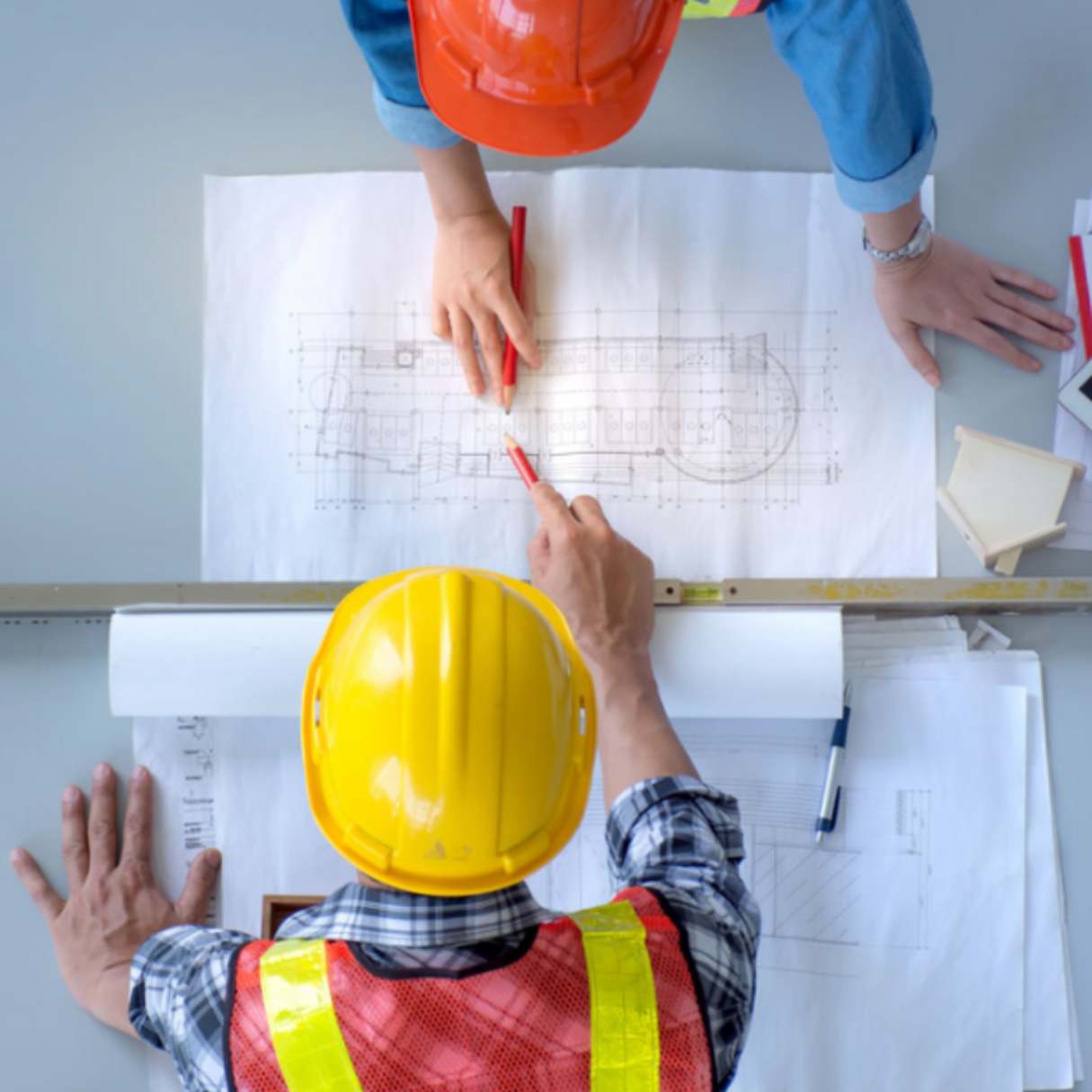

Building & Construction
What Is A Planner In Construction
Modified: January 24, 2024
Learn the importance of a planner in building construction projects. Discover how their meticulous organization and coordination skills ensure a smooth and efficient construction process.
(Many of the links in this article redirect to a specific reviewed product. Your purchase of these products through affiliate links helps to generate commission for Storables.com, at no extra cost. Learn more)
Introduction
In the dynamic field of construction, effective planning plays a critical role in ensuring the successful execution of projects. A planner in construction is an essential role responsible for developing and managing detailed project plans and schedules. They serve as a vital link between stakeholders, construction teams, and project management, ensuring that projects are completed on time, within budget, and to the desired quality standards.
Construction planning involves a multifaceted approach that requires a deep understanding of engineering principles, project management techniques, and industry best practices. This article will explore the definition, roles, responsibilities, and skills required of a construction planner, as well as the tools and techniques they utilize. We will also delve into the challenges they face and the benefits of effective planning in construction projects.
Key Takeaways:
- Effective construction planning is crucial for successful project execution, optimizing resources, managing time, mitigating risks, and ensuring stakeholder satisfaction.
- Construction planners play a vital role in developing comprehensive project plans and schedules, navigating challenges, and steering construction projects towards success.
Read more: What Does A Planner Do In Construction
Definition of a Planner in Construction
A planner in construction is a professional who is responsible for creating and managing the project plans and schedules necessary for the successful completion of construction projects. They play a crucial role in ensuring that all aspects of a project are properly coordinated and executed in a timely and efficient manner.
The construction planner works closely with project managers, architects, engineers, and contractors to develop comprehensive plans that outline the scope, sequence, and duration of project activities. They utilize their deep understanding of construction methodologies, resource allocation, and project constraints to create realistic and achievable plans.
Furthermore, a construction planner utilizes specialized software tools such as project management software, Building Information Modeling (BIM), and critical path analysis tools to develop and communicate project schedules effectively. They continuously monitor and update project schedules to reflect any changes, ensuring that the project stays on track and any potential delays or issues are promptly identified and addressed.
In summary, a planner in construction is a skilled professional who utilizes their expertise and knowledge to develop and manage project plans and schedules, ensuring the successful completion of construction projects.
Role and Responsibilities of a Planner
A planner in construction plays a crucial role in ensuring the smooth and efficient execution of construction projects. They have a wide range of responsibilities that encompass various aspects of project planning and management. Here are some of the key roles and responsibilities of a construction planner:
- Developing project plans: The planner is responsible for creating detailed project plans that outline the scope, objectives, and deliverables of the construction project. They work closely with project stakeholders to understand their requirements and incorporate them into the plan.
- Crafting project schedules: The planner creates project schedules that allocate timeframes for different project activities, ensuring that resources and tasks are properly sequenced. They consider factors such as material delivery, labor availability, and potential risks to create realistic and achievable schedules.
- Coordinating with stakeholders: The planner acts as a liaison between project stakeholders, including architects, engineers, subcontractors, and suppliers. They ensure effective communication, collaboration, and coordination between different parties to ensure that everyone is aligned with the project goals.
- Monitoring project progress: The planner closely monitors the progress of the construction project, comparing actual performance against the planned schedule. They identify any deviations, delays, or issues and take proactive measures to address them, keeping the project on track and minimizing disruptions.
- Managing resources: The planner is responsible for resource allocation, including labor, equipment, and materials. They ensure that the necessary resources are available at the right time and place, optimizing efficiency and avoiding bottlenecks.
- Risk assessment and mitigation: The planner identifies potential risks and develops strategies to mitigate them. They anticipate challenges such as weather conditions, regulatory compliance, or design changes, and incorporate contingency plans into the project schedule.
- Documentation and reporting: The construction planner maintains accurate documentation of project plans, schedules, and progress reports. They generate reports and provide updates to project stakeholders, ensuring transparency and accountability.
The role of a construction planner is dynamic and requires strong organizational, analytical, and communication skills. They must be able to adapt to changing project requirements and work collaboratively with diverse teams to ensure project success.
Importance of Planning in Construction
Planning is a fundamental and critical aspect of construction projects. It sets the foundation for a successful and efficient execution, and neglecting this stage can lead to delays, cost overruns, and compromised quality. Here are some key reasons why planning is essential in construction:
- Optimizing resource utilization: Effective planning ensures that resources including materials, labor, and equipment are allocated efficiently. This helps in maximizing productivity, reducing wastage, and minimizing costs.
- Time management: Planning helps establish realistic project schedules, enabling proper sequencing and coordination of tasks. This allows for timely completion of project milestones and delivery within specified timeframes.
- Identifying and mitigating risks: Through careful planning, potential risks in the construction process can be identified and mitigated. By developing contingency plans and implementing risk mitigation strategies, construction planners can minimize the impact of unforeseen events, ensuring smoother project execution.
- Improved communication and collaboration: Planning involves effective communication and collaboration among project stakeholders. It ensures that everyone involved in the project understands their roles and responsibilities, expectations, and project objectives. This fosters better teamwork and coordination.
- Budget control: Proper planning enables accurate cost estimation and budget control. By outlining all the project requirements and associated costs, planners can identify cost-saving opportunities, avoid unnecessary expenses, and monitor budget adherence throughout the construction process.
- Quality assurance: Planning allows for careful consideration of quality standards and specifications. By incorporating quality control measures into the project plan, construction planners ensure that the desired quality is achieved and maintained throughout the construction process.
- Regulatory compliance: Construction projects are subject to various regulations and codes. Planning ensures that all legal and regulatory requirements are considered and adhered to, avoiding potential legal issues and penalties.
In summary, planning is crucial in construction as it optimizes resource utilization, facilitates time management, mitigates risks, improves communication, controls budget, ensures quality assurance, and promotes regulatory compliance. It is a comprehensive process that requires meticulous attention to detail and collaboration among project stakeholders.
Skills Required for a Construction Planner
A construction planner plays a vital role in ensuring the successful execution of construction projects. To excel in this role, a planner must possess a combination of technical knowledge, analytical skills, and strong interpersonal abilities. Here are some key skills required for a construction planner:
- Construction Knowledge: A solid foundation of construction principles, techniques, and best practices is essential for a construction planner. They should have a deep understanding of various construction disciplines, such as architecture, civil engineering, and electrical systems, to effectively plan and coordinate project activities.
- Project Management: A construction planner needs to have strong project management skills, including the ability to define project goals, develop comprehensive project plans, and effectively manage resources and timelines. They should be adept at identifying and mitigating risks, monitoring progress, and adapting plans as needed.
- Attention to Detail: Construction planning involves creating detailed plans and schedules, requiring a keen eye for detail. A planner must pay careful attention to project specifications, timelines, and resource allocation to ensure that all aspects of the project are accurately and comprehensively documented.
- Analytical and Problem-Solving Skills: Construction planners must be analytical thinkers who can assess complex project requirements, identify potential issues or challenges, and develop creative solutions. They should have the ability to analyze project data, interpret trends, and make informed decisions to keep the construction project on track.
- Communication and Collaboration: Effective communication and collaboration skills are vital for a construction planner. They need to interact with diverse stakeholders, including architects, engineers, contractors, and project managers. Excellent verbal and written communication skills facilitate clear and concise project documentation, as well as seamless coordination and collaboration among team members.
- Time Management: Construction planners are responsible for managing project schedules and timelines. They must possess strong time management skills to ensure that project milestones are met and tasks are properly sequenced. The ability to prioritize tasks, allocate resources efficiently, and adapt plans to changing circumstances is crucial for successful project execution.
- Technical Proficiency: Construction planners utilize various software tools and technologies to develop and manage project plans and schedules. A solid understanding of project management software, Building Information Modeling (BIM), and critical path analysis tools is essential for effective planning and scheduling.
In addition to these core skills, a construction planner should have a proactive mindset, the ability to work under pressure and meet deadlines, and a commitment to continuous learning and professional development. With these skills, a construction planner can effectively navigate the complexities of construction projects and contribute to their successful completion.
A planner in construction is responsible for creating and managing project schedules. They should have strong organizational and communication skills to coordinate with various teams and ensure timely completion of tasks.
Read more: What Is Construction
Tools and Techniques Used by Construction Planners
Construction planners utilize a variety of tools and techniques to effectively plan, schedule, and manage construction projects. These tools help streamline the planning process, enhance communication, optimize resource allocation, and ensure project success. Here are some commonly used tools and techniques in construction planning:
- Project Management Software: Construction planners rely on project management software such as Microsoft Project, Primavera P6, or Smartsheet to develop and manage project plans and schedules. These software tools provide features for task assignment, resource allocation, Gantt chart visualization, and critical path analysis.
- Building Information Modeling (BIM): BIM is an advanced technology used in construction planning that enables planners to create detailed 3D models of the project. BIM allows for better visualization, clash detection, and coordination among different disciplines, improving the accuracy and efficiency of the planning process.
- Critical Path Analysis: Critical path analysis is a technique used to identify the sequence of tasks with the longest duration in a project schedule. Construction planners use this technique to determine the critical path and identify activities that can impact the overall project timeline. By focusing on critical activities, planners can allocate resources effectively and avoid delays.
- Gantt Charts: Gantt charts are visual representations of project schedules that display tasks, timelines, and dependencies. Construction planners use Gantt charts to communicate project schedules to stakeholders, track progress, and identify potential bottlenecks or conflicts.
- Resource Management Tools: Construction planners use resource management tools to allocate and track resources such as labor, equipment, and materials. These tools help ensure that resources are used efficiently, avoid overbooking of resources, and identify potential resource constraints.
- Communication and Collaboration Software: Construction planners rely on communication and collaboration tools such as project management portals, cloud-based platforms, and communication apps to facilitate real-time collaboration, document sharing, and seamless communication among project stakeholders.
- Risk Management Techniques: Construction planners utilize various techniques to identify, assess, and mitigate project risks. These include conducting risk assessments, developing contingency plans, and implementing risk mitigation strategies to minimize the impact of unforeseen events on the project schedule and budget.
These tools and techniques enhance the efficiency and effectiveness of construction planning, enabling construction planners to develop accurate project plans, allocate resources effectively, manage project schedules, and mitigate risks. By utilizing these tools, construction planners can ensure that projects are completed on time, within budget, and to the desired quality standards.
Challenges Faced by Construction Planners
Construction planners face a multitude of challenges while undertaking the complex task of planning and managing construction projects. These challenges can arise due to various factors, including project size, scope, timelines, stakeholder expectations, and external influences. Here are some of the common challenges faced by construction planners:
- Tight Schedules: Construction projects are often subject to strict deadlines and time constraints. Planners must navigate the challenge of developing realistic schedules that accommodate various project activities within tight timelines, ensuring that milestones are met without compromising quality.
- Uncertain Weather Conditions: Weather conditions can significantly impact construction projects, causing delays in outdoor work and affecting resource availability. Planners need to account for potential weather disruptions and develop contingency plans to mitigate the impact on the project schedule.
- Scope Changes: Changes in project scope, design modifications, or client requests can pose challenges for construction planners. They must be able to adapt quickly, reassess project requirements, and adjust plans accordingly while minimizing the impact on cost and schedule.
- Resource Constraints: Limited availability of labor, equipment, and materials can create challenges in resource allocation for construction planners. They need to carefully manage the allocation of resources, ensuring that they are utilized efficiently and that there are no bottlenecks or shortages that could cause delays.
- Coordination and Communication: Construction projects involve multiple stakeholders, including architects, engineers, contractors, and subcontractors. Ensuring effective communication and collaboration among these stakeholders can be challenging. Planners must facilitate seamless coordination, manage conflicting priorities, and resolve any communication gaps that may arise.
- Regulatory Compliance: Compliance with building codes, permits, and other regulatory requirements is crucial in construction. Planners must stay updated with regulations and ensure that all necessary permits and approvals are obtained in a timely manner. Failure to comply with regulations can result in delays or legal complications.
- Risk Management: Construction projects are inherently risky, with potential issues such as site conditions, contractor performance, or material availability. Planners must identify and assess these risks and develop strategies to mitigate them, minimizing the impact on the project schedule and budget.
- Technology Integration: The integration and implementation of technology tools and software can present challenges for construction planners. They need to stay updated on emerging technologies, ensure smooth software integration, and train team members on new tools to maximize their effectiveness in project planning and management.
Despite these challenges, construction planners rely on their expertise, problem-solving skills, and effective project management techniques to overcome obstacles and successfully deliver construction projects.
Benefits of Effective Planning in Construction
Effective planning is essential in construction projects as it brings numerous benefits that contribute to their overall success. By investing time and effort into meticulous planning, construction professionals can achieve the following advantages:
- Improved Time Management: Effective planning helps construction teams manage project timelines more efficiently. By mapping out tasks, establishing realistic schedules, and identifying critical path activities, planners can ensure that projects progress smoothly, keeping them on track and minimizing delays.
- Enhanced Resource Allocation: Planning optimizes the allocation of resources, including labor, materials, and equipment. By accurately estimating resource requirements, planners can prevent over/underutilization, reduce waste, and allocate resources where they are needed most, maximizing efficiency and cost-effectiveness.
- Cost Control: Detailed planning allows for accurate cost estimation and budget control. Planners take into account all project requirements, potential risks, and associated costs, enabling better financial management. Through effective planning, construction professionals can avoid unnecessary expenditures, track expenses, and ensure that projects stay within budget.
- Improved Quality: Planning encompasses defining project specifications, quality standards, and performance expectations. By integrating quality control measures into the planning phase, construction professionals can ensure adherence to desired quality levels throughout all project stages, resulting in high-quality deliverables.
- Risk Mitigation: Identifying and mitigating risks is a crucial aspect of effective planning. Careful consideration of potential risks enables construction teams to develop contingency plans, implement preventive measures, and respond swiftly to unforeseen events. This minimizes disruptions, reduces costs associated with delays or rework, and ensures a safer work environment.
- Enhanced Communication and Collaboration: Planning facilitates better communication and collaboration among project stakeholders. With clearly defined plans, roles, and responsibilities, all team members are on the same page, promoting smooth coordination, effective problem-solving, and seamless decision-making.
- Increased Stakeholder Satisfaction: Effective planning leads to successful project outcomes, meeting stakeholder expectations and requirements. Construction projects that are completed on time, within budget, and to the desired quality standards enhance stakeholder confidence and satisfaction, laying the foundation for future collaborations.
- Streamlined Project Execution: A well-constructed plan identifies dependencies, establishes milestones, and outlines the sequence of activities. This streamlines project execution, ensuring that tasks are executed in a logical and efficient order, reducing rework, and avoiding unnecessary delays.
In summary, effective planning in construction brings numerous benefits, including improved time management, enhanced resource allocation, cost control, better quality outcomes, risk mitigation, improved communication, stakeholder satisfaction, and streamlined project execution. By embracing comprehensive planning practices, construction professionals can optimize project outcomes, maximize efficiency, and achieve project success.
Conclusion
In the world of construction, effective planning is the backbone of successful project execution. Construction planners play a vital role in developing comprehensive project plans and schedules, ensuring that all activities are properly coordinated and executed. Through their extensive construction knowledge, project management skills, and use of various tools and techniques, they navigate challenges, optimize resources, and facilitate efficient project implementation.
The importance of planning in construction cannot be overstated. It allows for the optimization of resources, efficient time management, identification and mitigation of risks, improved communication and collaboration, budget control, quality assurance, and regulatory compliance. By investing in thorough planning, construction professionals can minimize delays, cost overruns, and quality compromises, ultimately leading to more successful and satisfied stakeholders.
However, the role of a construction planner is not without its challenges. From tight schedules and weather uncertainties to scope changes and resource constraints, construction planners must navigate these obstacles with resilience and adaptability. By leveraging their skills in time management, communication, problem-solving, and risk mitigation, they can overcome hurdles and steer construction projects towards success.
In conclusion, effective planning in construction is the key to achieving project objectives on time, within budget, and to the desired quality standards. It enables construction professionals to optimize resource utilization, manage project timelines, mitigate risks, foster collaboration, and deliver projects that meet stakeholder expectations. By recognizing the importance of planning and investing time and effort into this critical phase, construction professionals can set the stage for project success and contribute to the growth and advancement of the industry as a whole.
Frequently Asked Questions about What Is A Planner In Construction
Was this page helpful?
At Storables.com, we guarantee accurate and reliable information. Our content, validated by Expert Board Contributors, is crafted following stringent Editorial Policies. We're committed to providing you with well-researched, expert-backed insights for all your informational needs.

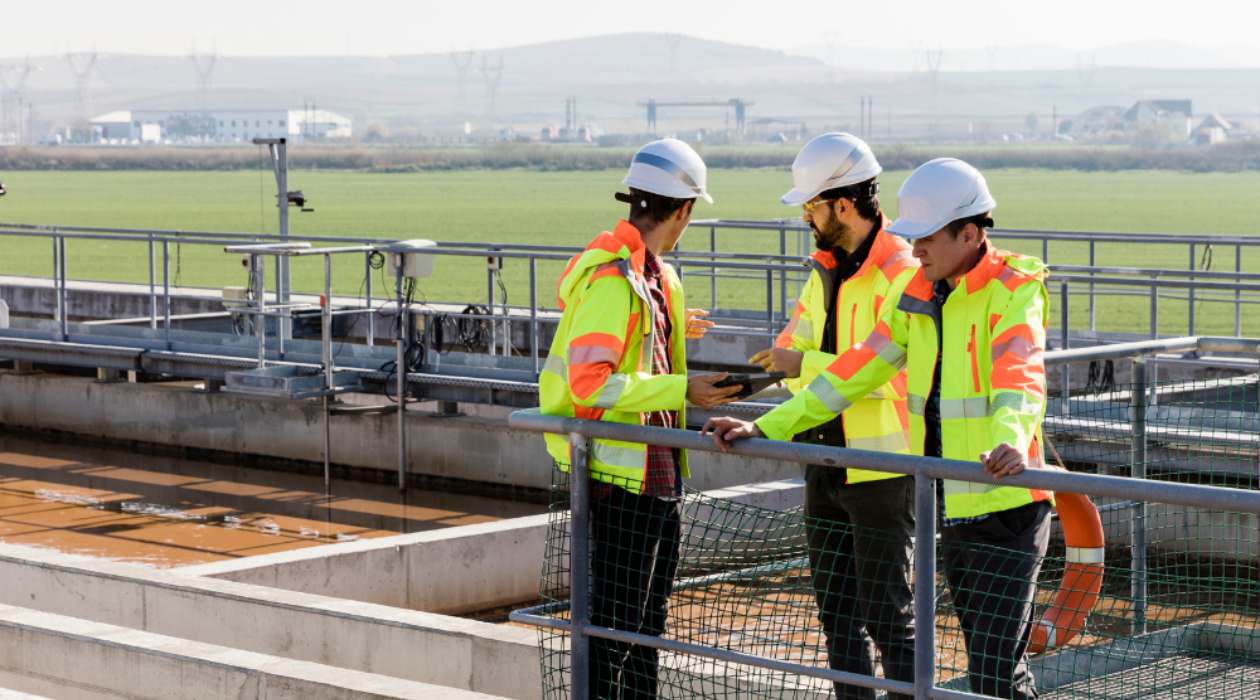
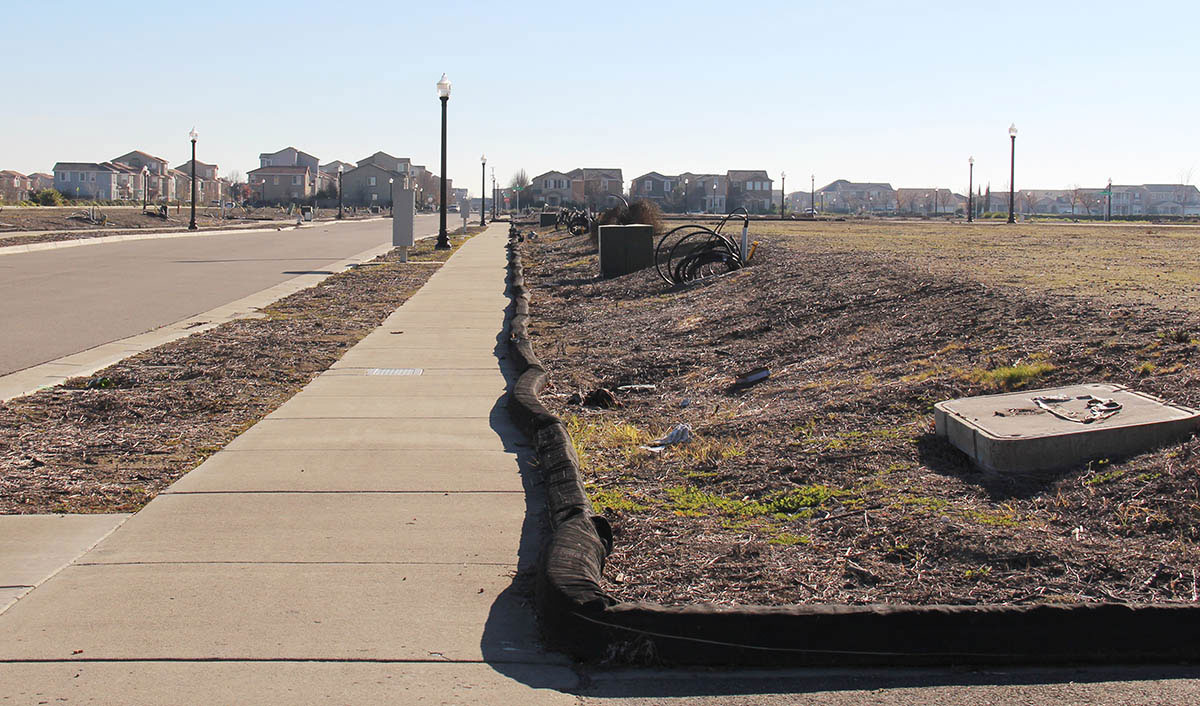
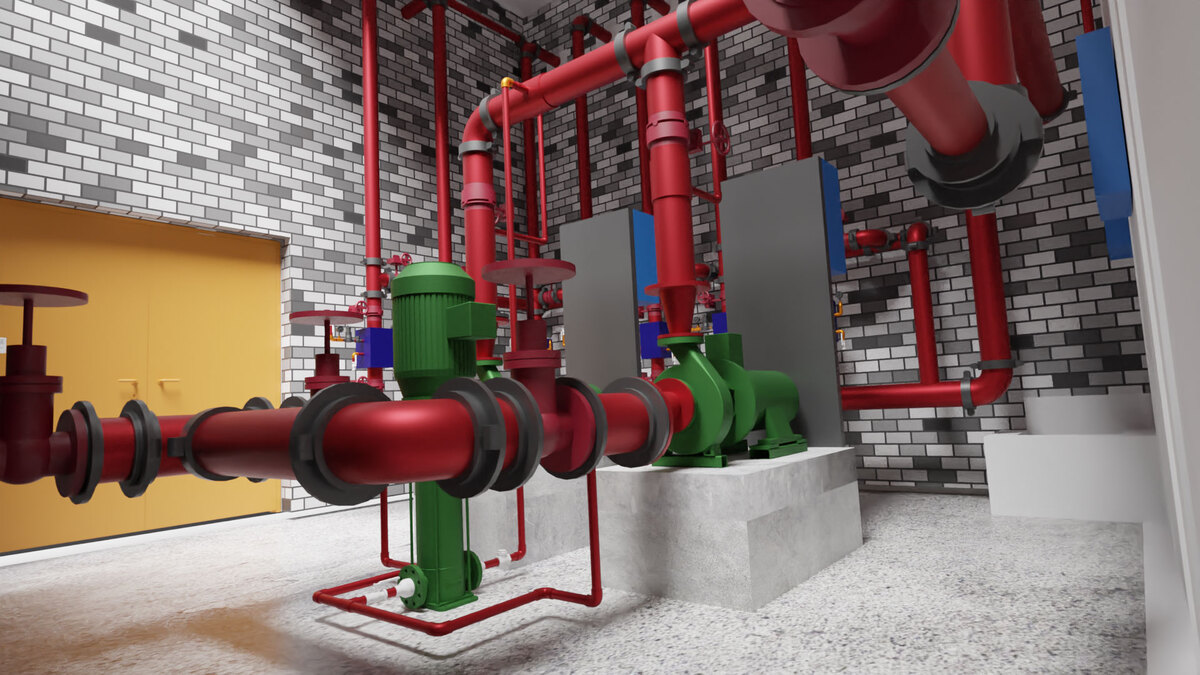
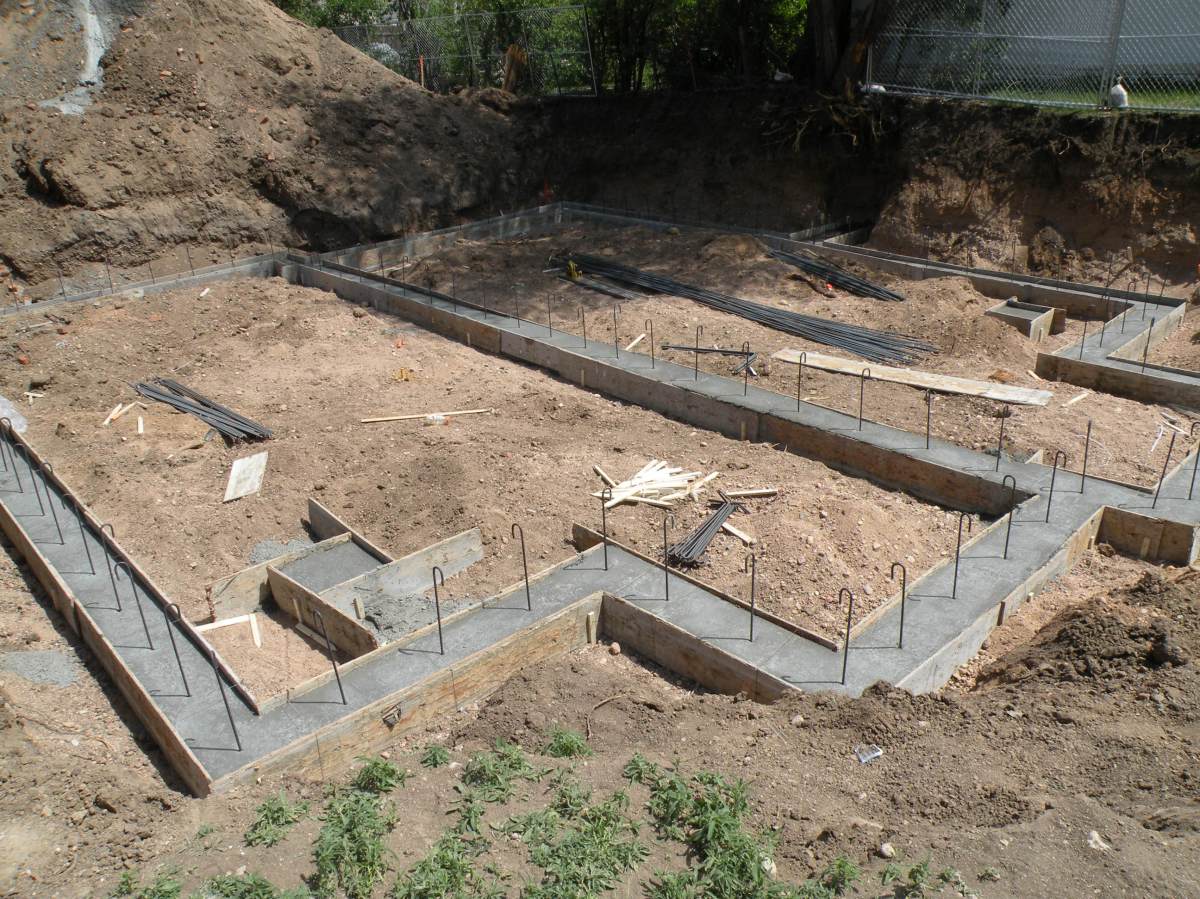
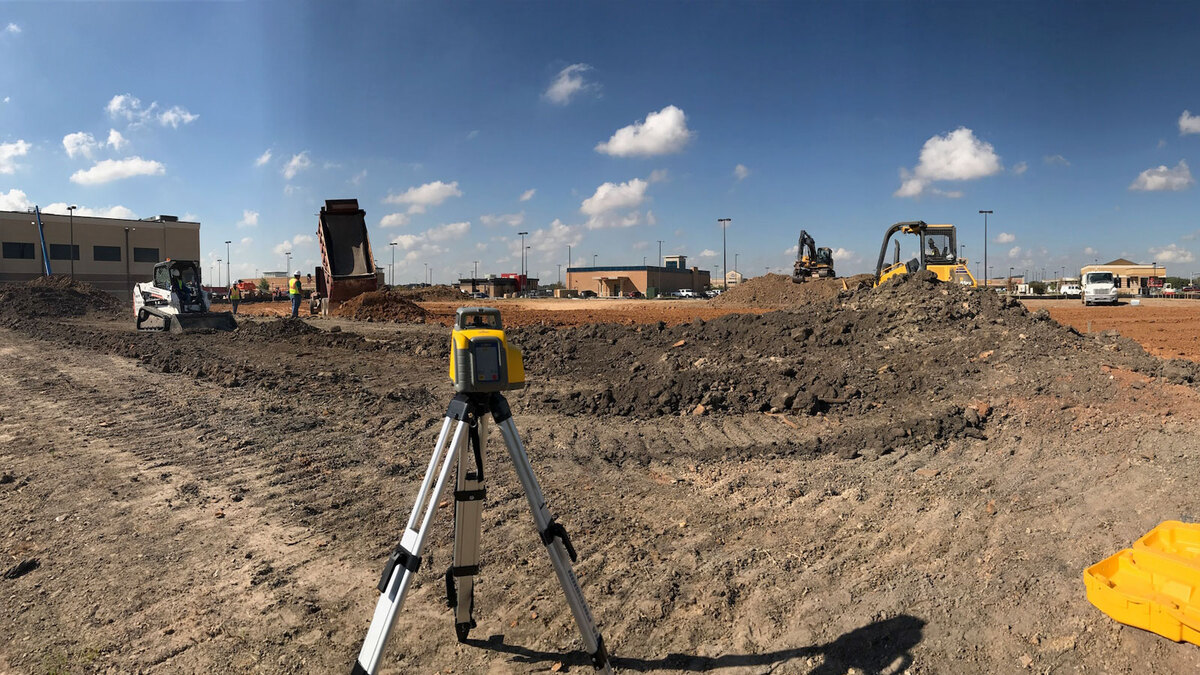
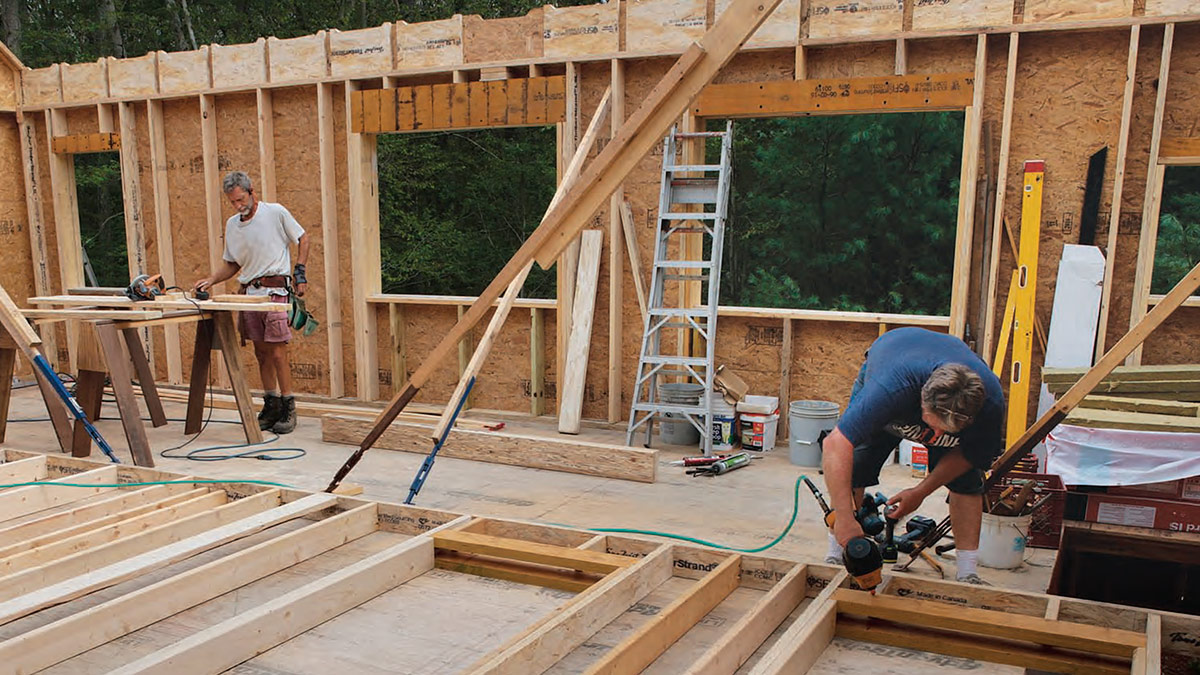
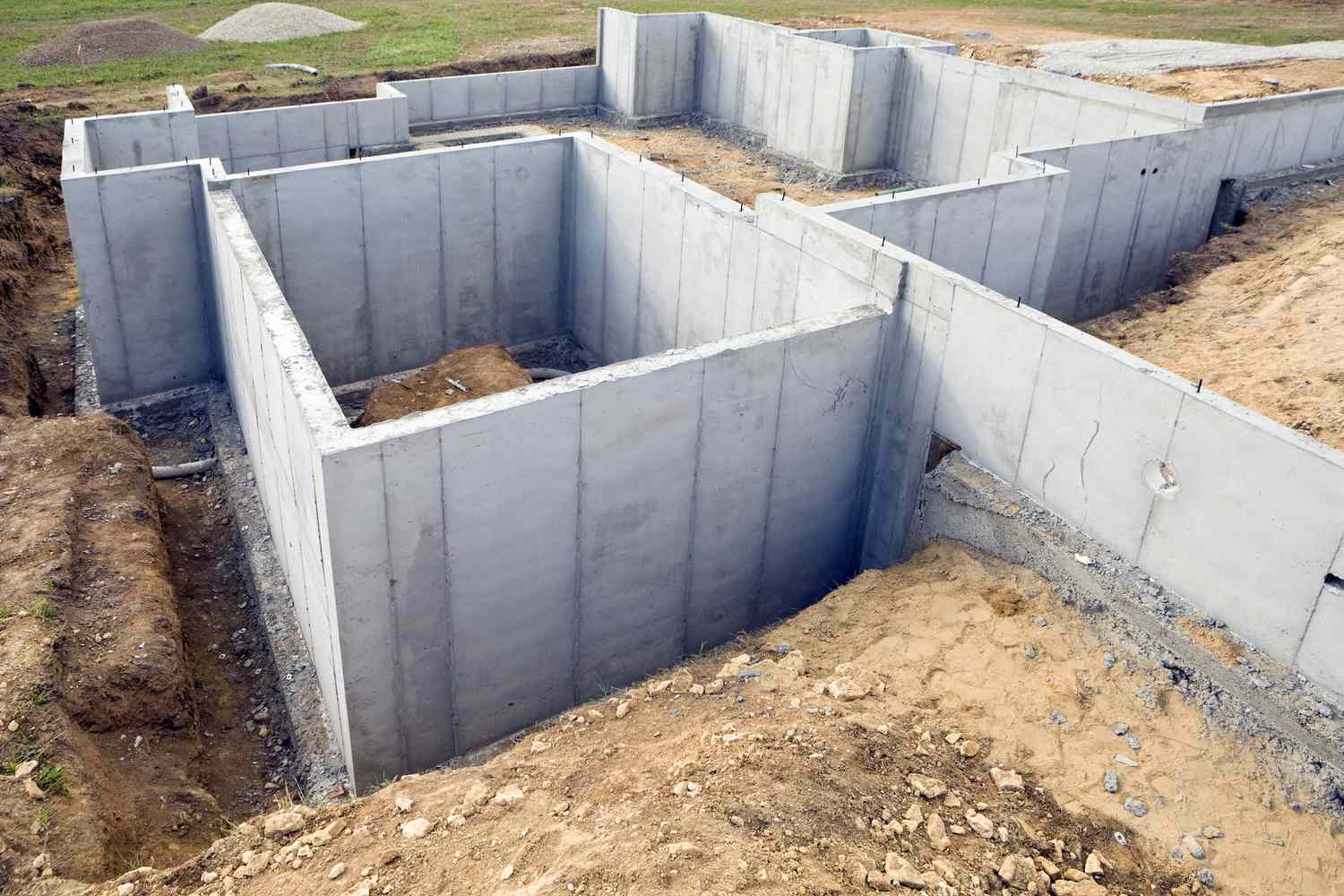
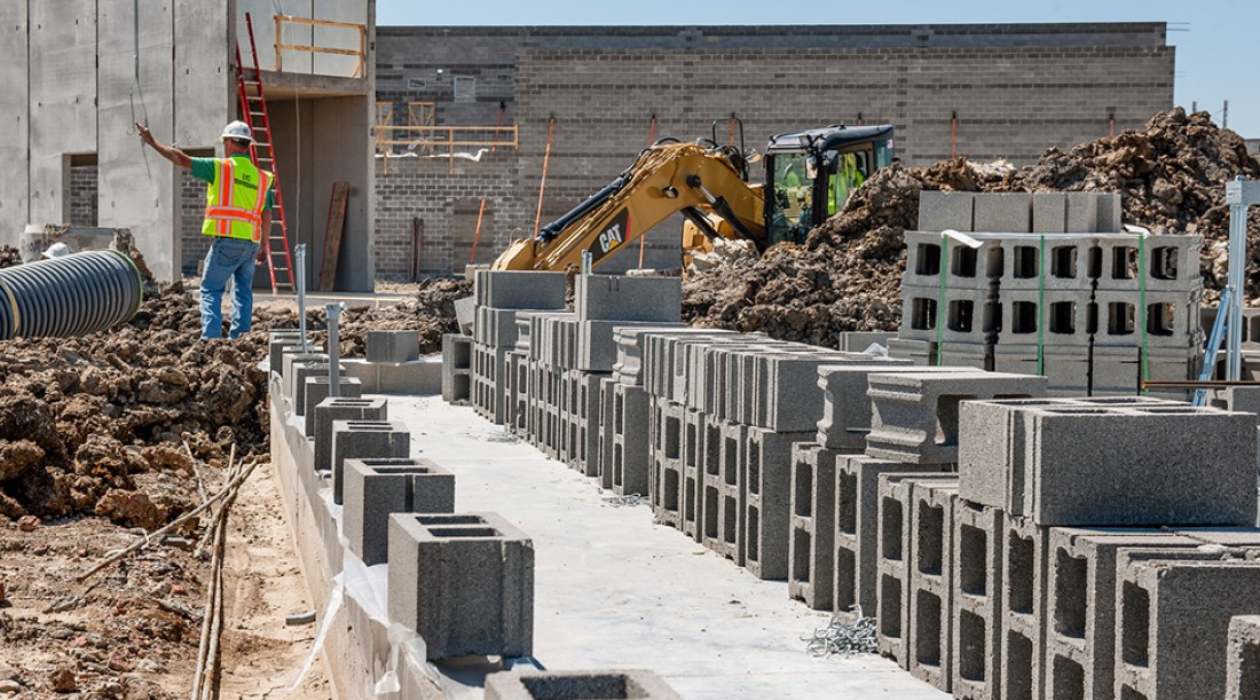


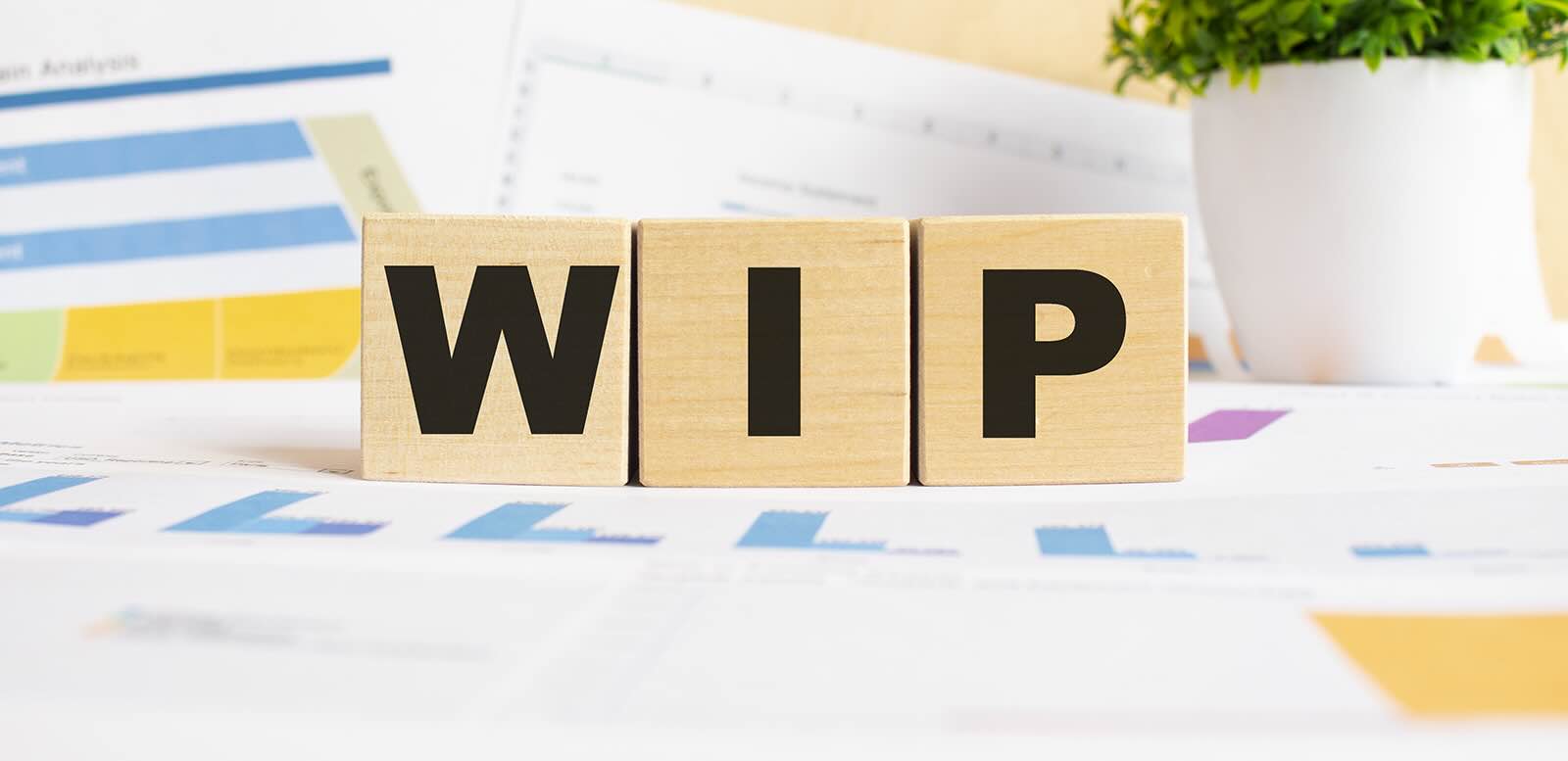

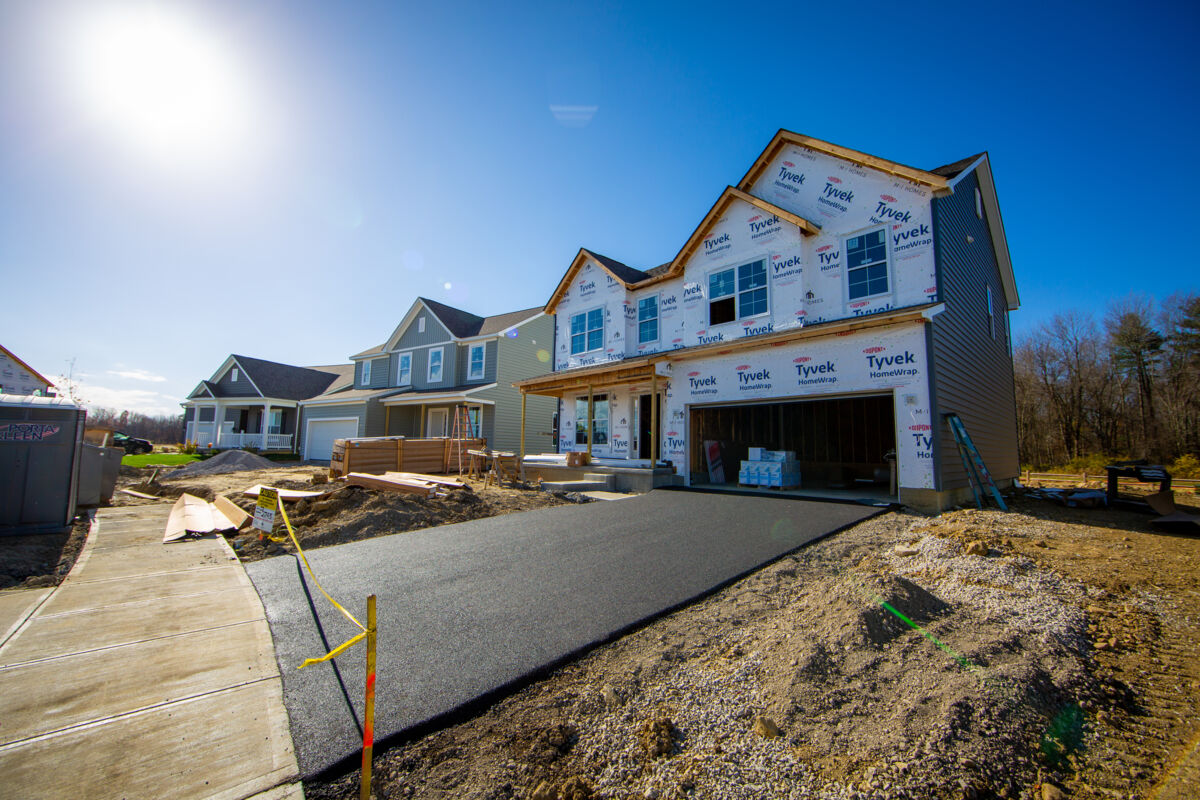

0 thoughts on “What Is A Planner In Construction”